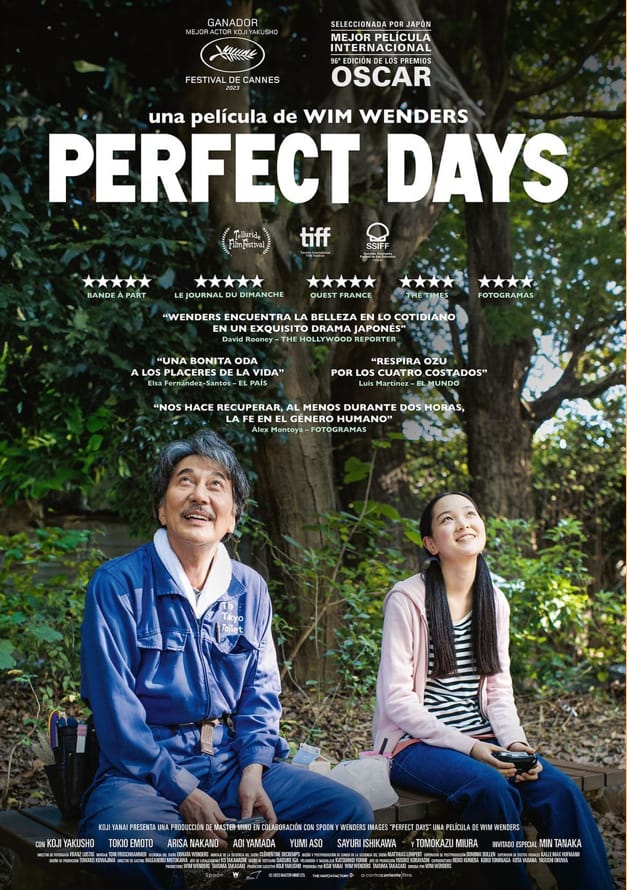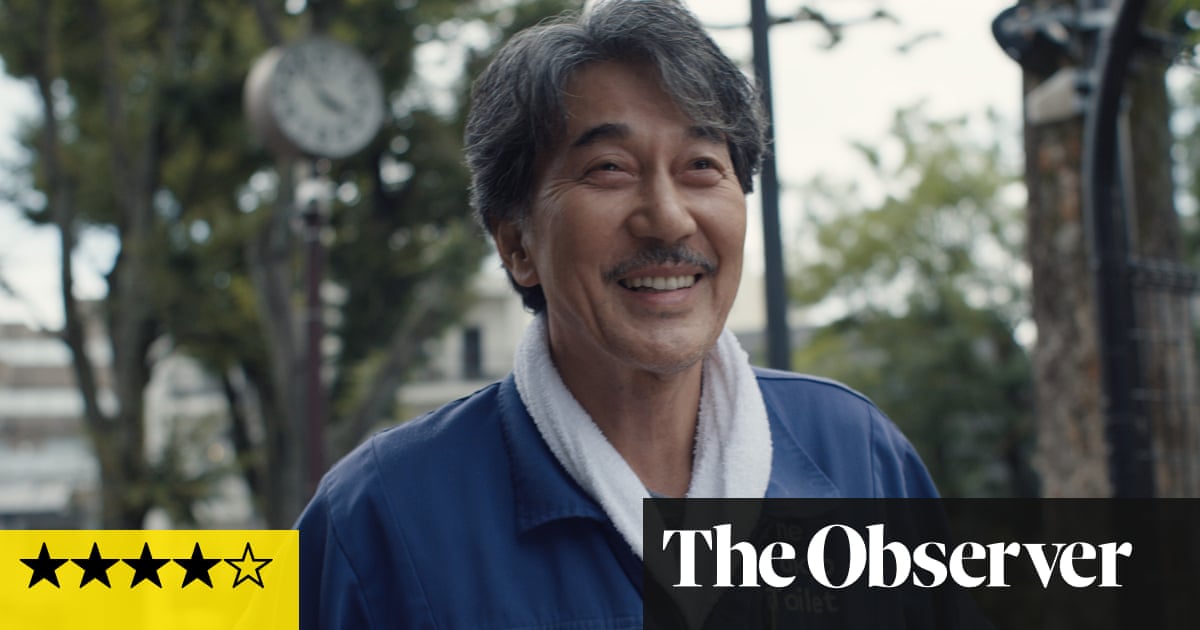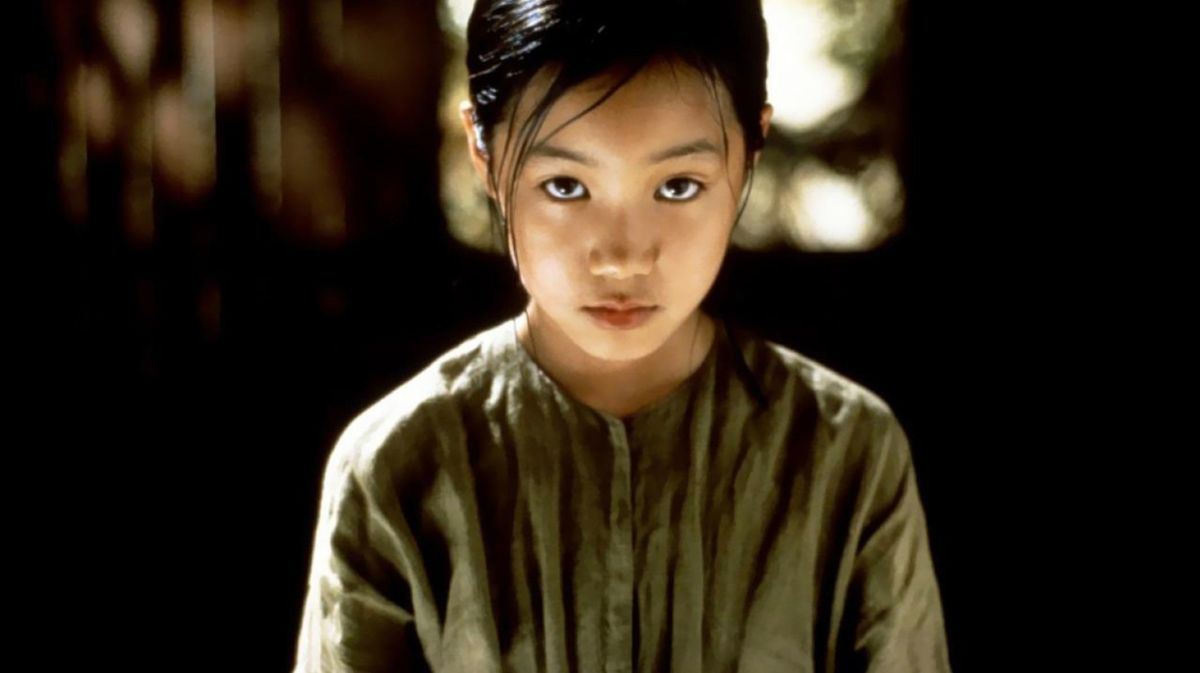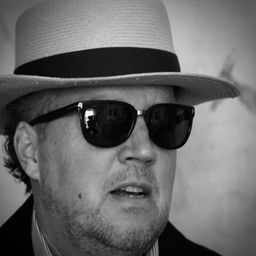Wim Wenders’s zen meditation on beauty, fulfilment & simplicity BEYOND perfect days😇💫

Wim Wenders had to turn 78 to finally create a life-essence film like this:
"It all depends – and this is central to the film’s gently profound message – on your way of looking at things. Hirayama looks at the world with his eyes, but sees with his heart😍“

…“there is a Japanese word, “komorebi”, which was the original title of the film. Literally translated, it means “sunlight leaking through trees”, but there’s more to it than that. It speaks of a profound connection with nature, and the necessity to pause, to take the time to absorb and appreciate the perfection of tiny, seemingly insignificant details. Hirayama has not only grasped all of this, he has made it the keystone of his essence. He sees all things, all people, as equally important, with an equal capacity for transcendence.“
👉2nd place in the MUBI TOP1000 films of all time: Link
With this profoundly wise film, I try to make the following, very simple essence of a truly fulfilled life gradually comprehensible to my coachees and master students:
There is no common intersection between our lives and our circumstances! 👉Link
What does that mean? Beyond suffering, our lives are fulfilled in the course of our inner attunement to the Self that is truly connected to the ever-changing flow of life (Tao). The circumstances of our lives are the limitations of our body & our cognitive thinking tool (our earthly garment in constant decay) as well as supposedly external things whose essence we think we can grasp with our 5 senses...
In his translation of the "Shinjinmei", the original Zen text from the year 606, Taisen Deshimaru-Roshi writes the following in the introductory text regarding this way of life:
The core of the teaching that Bodhidharma passed on to his disciple Eka is essentially this: "One must not want to achieve anything, whatever it may be."
The core of the teaching that Eka passed on to his disciple Sosan (the author of Shinjinmei) is this: "One must not reject anything, whatever it may be."
👉Note for western dual-causal thinkers: Both speak here of the separate "I" (EGO), not the connected SELF❣️

To be able to truly BE in the essence of one's own nondual-connected being beyond the feigned dual-dividing façade is probably one of the deepest human needs. This inner longing of ours is probably also the reason for the worldwide success of three of the most successful films of all time: The path from the separated, suffering I (EGO) to the connected, fulfilled SELF and the accompanying SEEING connection to other people can be found in "Titanic" here, in "Avatar" here and in "Avater - The Way of Water“ here.
This "BEING SEEN" appeals to your SELF? Then let this film touch your SELF - also among the 20 greatest films ever made:
Related links

- My monthly online seminar "From ego to SELF - Strategic inspirations BEYOND stress, problems and worries", Open Mind Academy, Switzerland
- My visual strategic talent BEYOND the duality of your strategic thinking
- Genuine coaching that takes you BEYOND your supposedly big “I“
- Development of a free and agile mind BEYOND painful attachments to problems and worries
- SELF-Assessment BEYOND the separating duality of your thoughts
- The source of creativity BEYOND our mind
- Step-by-step coaching of "The Secret of the Golden Flower" far BEYOND meditative insights🪷🧎
Get to know our SELF for free

